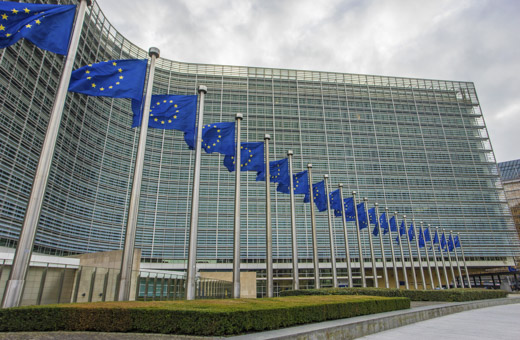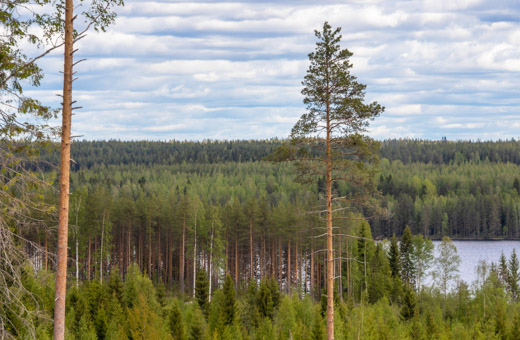The eighth International Wildland Fire Conference, in which the Finnish Forest Industries Federation took part, was held in Porto, Portugal, in May. The speeches at the conference highlighted themes ranging from the effects of climate change on fires and fire hazards, the need to develop early warning systems and the major role of global, regional and local co-operation in fighting fires. The hot early summer with little rain and the major fires in Canada and Russia have once again brought forest fires and the topicality of preventing them into public discussion both here and abroad.
In Finland, forest fires are largely caused by human activity, such as careless management of open fires and the sparks generated by forestry machinery and other equipment. In addition to weather and the climate, the burning behaviour of forests determine how fires start and spread and how severe they are. According to long-term statistics, the area burnt in forest fires in Finland has declined since the beginning of the last century from 10,000–15,000 hectares to the current annual average of 500–600 hectares. Over the past 25 years, the area burnt every year and the number of forest fires have remained at the same level, with the exception of 2020 and 2021, when there were exceptionally widespread fires in Muhos and Kalajoki.
The reduced number of forest fires in Finland is largely due to good forest management and a forest road network that not only makes it possible to acquire wood raw material for the forest industry but also for firefighters and their equipment to access remote places. The national warning system, forest fire prevention flights, contract fire brigades, cooperation between safety and rescue authorities and the general awareness of the public have a major role behind the internationally excellent situation in Finland.
However, effective forest fire prevention requires the development of the measures currently in use, which takes place actively in Finland. Forest fires are a growing challenge that requires multidisciplinary research and close collaboration between different parties. The competence offered by Finnish firefighters in extinguishing forest fires in the Mediterranean is an example of practical cooperation at the EU level. Finnish forest machinery manufacturers have sold fire extinguishing equipment to Europe, the United States and South America. The Finnish Forest Industries Federation has provided funding to the guide for the industry and arranged training on how to prevent and reduce forest fire risks in cooperation with relevant stakeholders. In addition to conventional methodology, modern technology and digitalisation have opened up new cost-efficient avenues for cooperation.
The risk of forest fires will likely increase in the coming decades, largely due to the increased frequency of extreme weather events. In northern regions, the rate of climate change is higher, which promotes an optimal environment for major fires. For this reason, we need to be prepared for the increased risk of forest fires with utmost seriousness.






